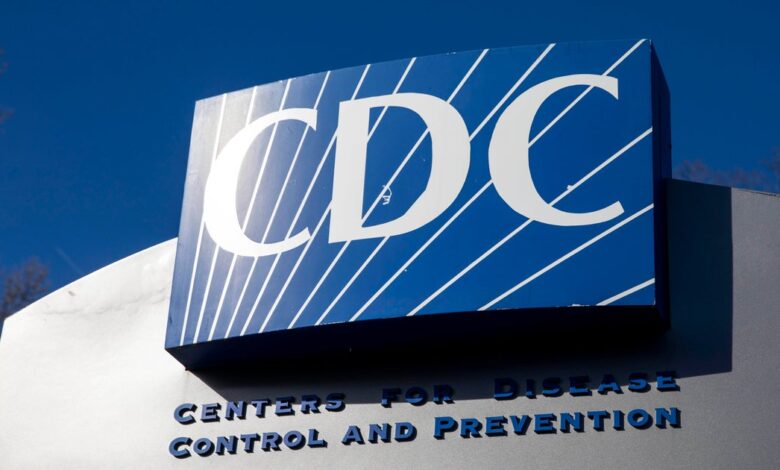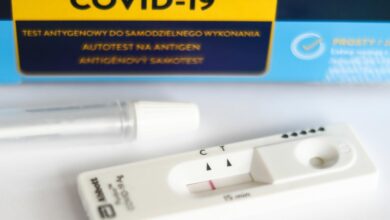CDC faces backlash for cutting sickle cell, adult disability programs

The recent layoffs at the Centers for Disease Control and Prevention have caused a significant setback in the agency’s work on developmental disabilities and birth defects. Nearly half of the staff working on these crucial issues were let go, including teams researching adults with cognitive disabilities and sickle cell disease.
One of the most affected areas by the layoffs is the collection of data for studying Americans with sickle cell disease, a painful blood disorder that predominantly affects Black families. This research is vital for understanding the disease and supporting testing for its dangerous complications. Dr. Belinda Avalos, president of the American Society of Hematology, expressed concern that the elimination of these programs could lead to preventable hospitalizations, complications, and deaths.
Health and Human Services Secretary Robert F. Kennedy Jr. has shown openness to restoring some of the programs that were cut, such as the CDC’s lead poisoning experts. However, the fate of these programs remains uncertain as the department is evaluating where there may be overlap that could be streamlined to better serve the American people.
In addition to the blood disorders division, the layoffs also affected the leadership team at the CDC’s National Center on Birth Defects and Developmental Disabilities. Support staff for the center and its Disability and Health Promotion Branch were also let go, impacting the federal database tracking state-level rates of adults with disabilities.
The cuts have also halted work on the Early Hearing Detection and Intervention programs, which fund efforts to screen and diagnose children’s hearing issues. This program has been instrumental in increasing newborn hearing screenings in the U.S. and improving follow-up rates.
The layoffs have also affected CDC staff overseeing a partnership with the Special Olympics, which provided health screenings and collected data on people with intellectual disabilities. While some researchers remain in the agency, many are expected to be merged into the new Administration for a Healthy America agency, focusing on combating chronic diseases.
Overall, the layoffs at the CDC have raised concerns about the impact on critical public health programs, research, and data collection. It remains to be seen how the agency will move forward and address the gaps left by the recent staff cuts.





